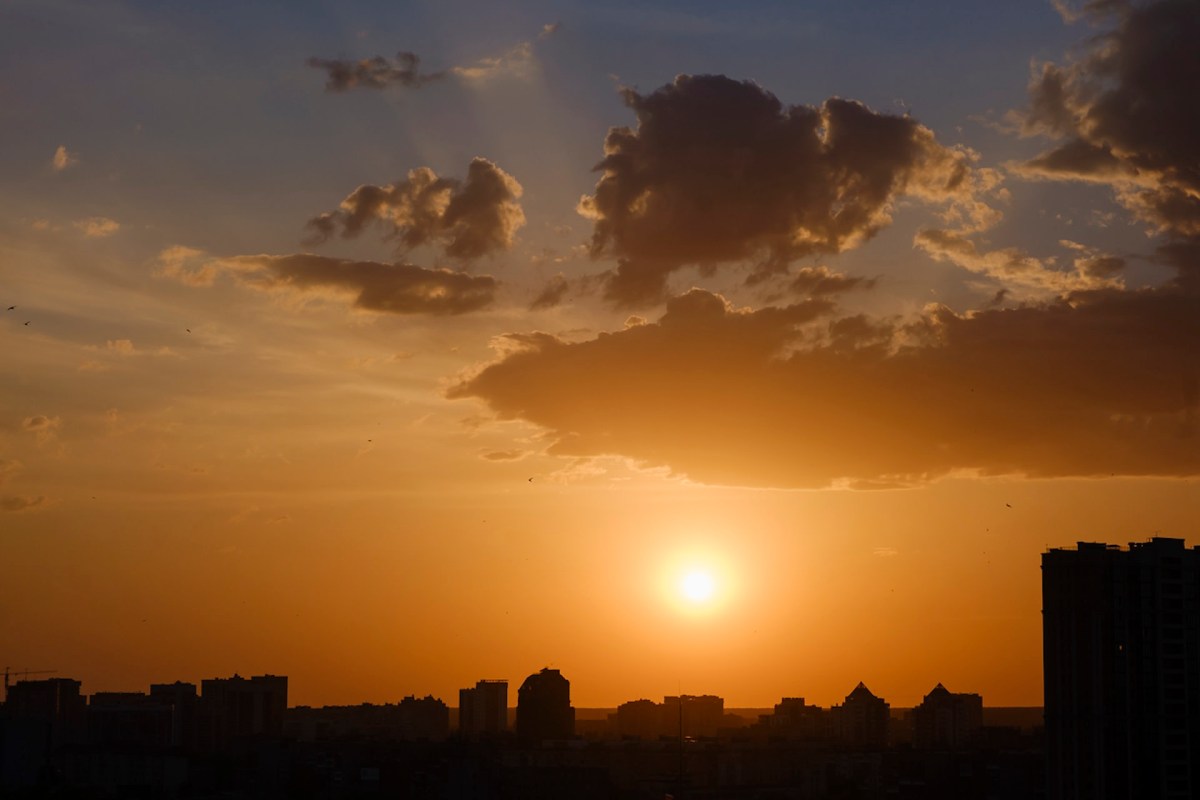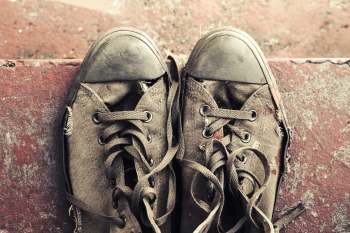A new study suggests that we have underestimated the health risks associated with climate change, especially among older people.
What happened?
A group of scientists set out to explore human survivability and livability in a warming world and found that previous estimates had significantly underestimated the risk to human survival (or overestimated humans' capacity to survive) in hot, dry conditions, especially for older adults.
Earlier studies had utilized a threshold of 35 degrees Celsius (equal to 95 degrees Fahrenheit) for wet bulb temperature (Tw) — one pair of scientists hypothesized that six hours of exposure in these conditions would lead to death, according to News-Medical.Net. (A wet bulb temperature of 95 F is equal to 95 F at 100% humidity or 115 F at 50% humidity.)
However, previous studies failed to look at the effects of individual differences that may affect warming or cooling. In contrast, the new study took into account factors such as clothing, body size, level of activity, and variations in sweating. The team also considered environmental variables as well as interventions designed to mitigate or reduce the impact of heat stress.
They found that the Tw threshold had underestimated the risk to humans under hot, dry conditions by 0.9-13.1 C (about 1.6-23.6 F) for different population groups. The researchers' estimated Tw compatible with survival for younger people was about 4-9 C (about 7.2-16.2 F) lower than previous estimates and about 7-13 C (about 12.6-23.4 F) lower for older folks when the ambient temperature rises beyond 40 C (104 F) and relative humidity falls below 25%.
Why is this study concerning?
Scientists are expecting more hotter-than-usual days and nights as our planet warms. In 2023, unprecedented heat waves swept the globe from Italy to China and the United States — Maricopa County, Arizona, alone reported at least 469 heat-related deaths in 2023 (as of late October), making it the deadliest year since officials started tracking the data in 2006, according to CNN.
Plus, higher solar exposure combined with humidity results in a loss of livability, per News-Medical.Net. This is only expected to worsen, making tropical, humid parts of the world less livable in the future.
"Areas like North India and Bangladesh may expect survivable but not livable conditions much more frequently by the end of this century at six months every decade," the medical news outlet reported. "The decrease in safe activity in some of these regions will impact older adults much more than expected from climate change alone, thus highlighting the effect of aging on heat risk and survivability."
What can I do to protect myself from rising temperatures?
Some cities are looking to combat rising temperatures with simple but effective solutions. For instance, Los Angeles and Phoenix are putting reflective paint or coatings on some streets to cool the ground and air.
As heat waves become more frequent, there are some things you can do to protect yourself:
- Drink water even if you're not feeling thirsty
- Avoid strenuous exercise
- Don't use fans if it's warmer than about 95 F
- Dunk your feet in cold water to cool off quickly
- Stay indoors in cool spaces
- Find a local cooling center if you lose power or don't have air conditioning
- Avoid drinking alcohol or beverages with caffeine
- Insulate your home to keep the temperature more constant
- Avoid using your oven/stove as much as possible
Meanwhile, we can all do our part to help cool the planet down by making better choices in our lives, including weatherizing our homes to cut down on energy usage; switching to electric vehicles to cut down on air pollution; and growing gardens, which reduce the need for food to be transported and packaged while also pulling planet-heating carbon dioxide out of the air.
Join our free newsletter for weekly updates on the coolest innovations improving our lives and saving our planet.








